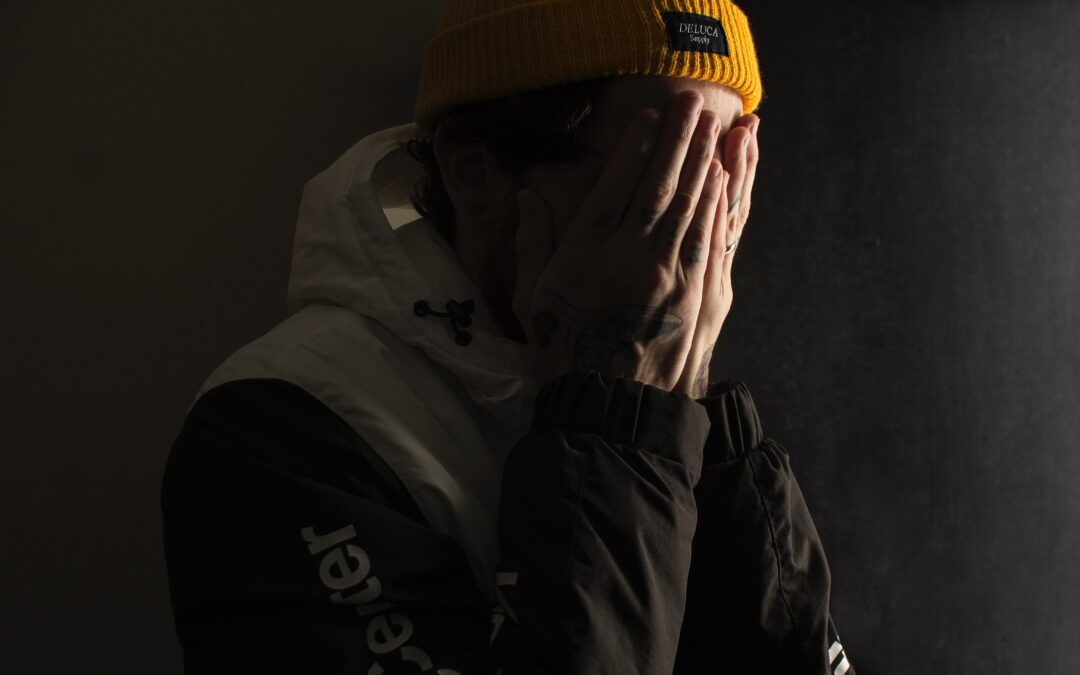Mental health awareness, at least in the U.S., is on the rise. Celebrities and people on the street are speaking openly about mental health, recognizing its prevalence, and discussing ways to combat issues. The World Health Organization notes that depression is the leading cause of workplace disability in the world and costs, the global economy $1 trillion a year in lost productivity. And major corporations, including Unilever, Starbucks, and Bank of America are enacting major initiatives addressing mental health. These include training employees and management in mental health first aid or in building resilience and identifying anxiety in team members.
However, this doesn’t equate to the acceptance that mental health issues are just as real as physical health issues. And there is still a stigma about mental health. And about those brave enough to admit they’re suffering.
What is a stigma?
Stigma is: “a mark of disgrace or infamy; a stain or reproach, as on one’s reputation.” It is often external, coming from others. But there’s internal stigma too. People who experience mental health conditions have many of the same thoughts about mental health as the rest of society. And they can be hard on themselves. People sometimes even convince themselves that they’re damaged or it’s their fault. Or that they can’t recover from what they’re dealing with. This can cause people to delay or avoid seeing treatment, or push others away.
How it affects those with mental health issues
When someone has an illness, hearing how strange, different, or damaged they are deepens the pain. Negative attitudes – in personal relationships, in everyday society, in our leaders, and in the media – only add to the pain of those with mental health conditions. Including:
- Further withdrawal
- Alienation from friends and family and other supports
- Lack of confidence
- No desire to participate in fun activities
- Physical health issues like high blood pressure, depression, weight gain (or loss)
- Concerns with cost of treatment may increase the fear of asking about health coverage (56.4% of adults with a mental illness received no treatment)
- Substance abuse (finding ways to ease pain)
- Suicide (which has increased 86% in youth 10-19 since 2007; and people who have experienced trauma are 15x more likely to commit suicide)
How You Can Make a Difference
One of the most significant ways you can help reduce mental health stigma is to educate yourself. Use your social network to share encouraging information and true statistics about mental health (from reputable sources like NAMI, the American Psychological Association, the National Institute of Mental Health, the American Mental Wellness Association, or the National Center for PTSD). Support people, like celebrities who speak openly about their experience with mental health issues.
We all have a role in fighting stigma.
It’s important to recognize that certain groups of people are more likely to experience stigma. This can be based on their age, socioeconomic status, culture, social group, gender, sexual orientation, or any other categories we use to divide ourselves into us and them. Teens and young adults are pressured to fit in (thus hiding anything that makes them feel different), while others may come from a culture where mental health is shameful.
Encourage anyone experiencing mental health issues to share their strengths. When possible, to turn their attention outward to help others. This lets people show the public that they’re still functioning, productive members of society. And this helps them see themselves in the same light. Reducing both internal and external stigma.
And share your own story. With the people you know and love. With the world if you’re interested and able. The more we talk about this, the more we help everyone understand that mental health is like physical health – part of who we are and something we have to take care of to live our best lives.

